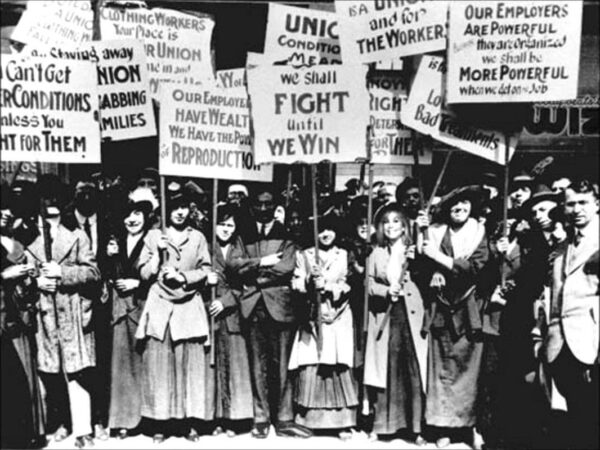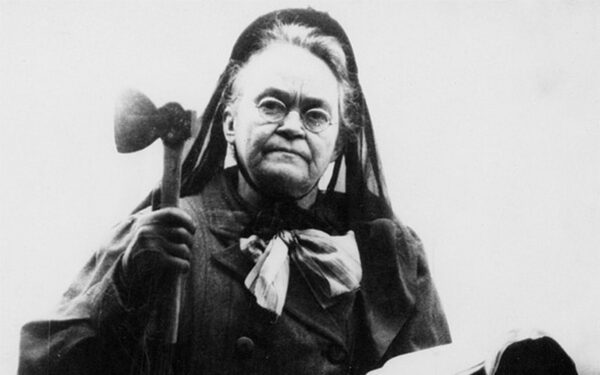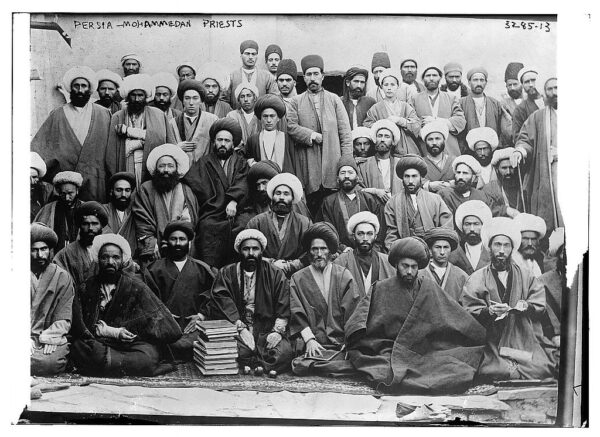Posts Tagged ‘wrongful termination’

WHAT’S NEW IN 2020 TIME’S UP, EXTENDED
Longer Three-Year Deadline For Initiating Discrimination Claims Targets of workplace discrimination, harassment and retaliation prohibited by California’s Fair Employment and Housing Act (FEHA) now have three years (up from the previous one year) to file a claim with California’s Department of Fair Employment and Housing (DFEH) against the subject employer. A person claiming such wrongful […]

BE KIND TO MOMMIES
Pregnancy Discrimination Is a Really Bad Idea Pregnancy remains one of the most clearly protected classifications for employees, safeguarded not only under general disability laws, but also under laws enacted specifically to protect expectant women. See, for example, Pregnancy Accommodation in California (Nov 2018); Employers with 20 or More on Payroll Must Provide Expanded […]

DEALING WITH THE WORKPLACE “DEBBIE DOWNER”
Properly Confronting the Chronically Negative Employee According to Wiktionary.org, a “Debbie Downer” is a “naysayer; one whose negative remarks depress or dissuade others.” Most seasoned managers will be all too familiar with how one negative individual can bring down the entire workforce’s morale. Employers are often reluctant to terminate someone just for a negative attitude, […]

FOR WHOM THE BELL TOLLS…
KNOCK, KNOCK When It’s Your Turn For a Government Payroll Audit For California, the Employment Development Department (EDD) is responsible for the administration of unemployment and disability insurance, workforce training services and payroll audits. The agency has the power to impose significant, potentially fatal penalties for non-compliance. An EDD visit to look over pay practices […]

HAIRSTYLE DISCRIMINATION
California Aims to Protect Workers Against Race-Based Natural Hairstyle Bias Federal, state and local laws have long banned workplace racial discrimination. A recent trend seeks to expand such protections to various race-based traits, particularly certain hairstyles. Under California’s now-pending Senate Bill (SB 188), workplace dress or grooming policies prohibiting natural hairstyles, including Afros, braids and […]

DFEH CHARGED SAN DIEGO CREDIT UNION WITH FAILING TO ACCOMMODATE DISABLED EMPLOYEE
The California Fair Employment and Housing Act (FEHA) requires employers with five or more on payroll to engage in an “interactive process” with a worker requesting disability-related accommodation. The employer must have timely, good faith and ongoing discussions to explore if and how to reasonably accommodate the physically or mentally disabled worker’s ability to perform the essential functions of his or her job. Failure to do so can be a costly error.

JOB INTERVIEW ERRORS TO AVOID
CareerBuilder Publishes Annual Survey and List of Most Bizarre Hiring Interviews According to a nationwide CareerBuilder Survey released February 22, 2018, “around half of employers (49 percent) know within the first five minutes of an interview if a candidate is a good or bad fit for a position, and only 8 percent make up their […]

ASSISTING WORKER-VICTIMS OF STALKING, SEXUAL ABUSE AND OTHER TRAUMATIC INCIDENTS
HELPING THE HAUNTED – California Employers Must Accommodate Victims of Domestic Violence, Sexual Assault or Stalking California Labor Code section 230 prohibits all employers from terminating, discriminating or retaliating against employee victims of domestic violence, sexual assault or stalking for taking time off for related court appearances. Private employers with 25 or more on payroll must […]

EMPLOYER DUTIES TO FIGHT RELIGIOUS PREJUDICE
Companies Must Uphold Worker Rights to Religious Garb or Grooming Even if It Means Losing Business The Equal Employment Opportunity Commission (EEOC) is responsible for enforcing the federal laws prohibiting discrimination in commerce, including the Civil Rights Act of 1964, nicknamed “Title VII.” In the wake of the September 11 attacks, the EEOC has fielded […]
FINAL PAYCHECK
What California Employers Must Pay Upon Termination A worker recently asked whether his now-former employer should have included sick time and vacation time in his final paycheck. He wrote: “I’m no longer working for [the employer] and I thought I was going to get my paid time off with my last check such as … […]
